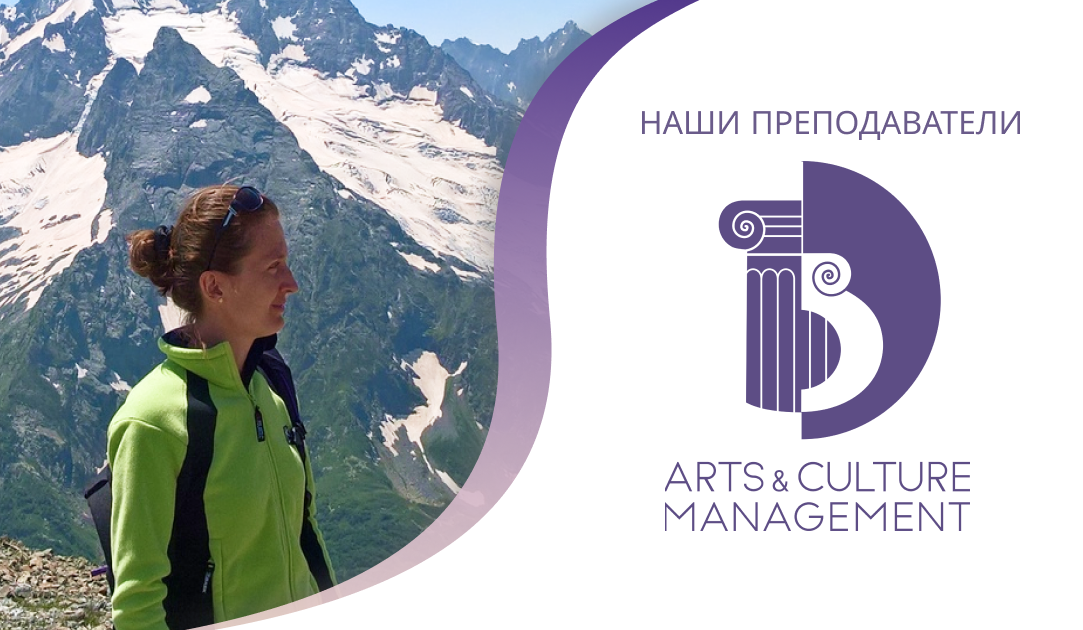Our Professor Irina Alekseevna Sizova - About Working at HSE University, MA Arts and Culture Management Programme, and Connection with Students
Professor Irina came to us from Tomsk, where she received a Ph.D. in history and became an irreplaceable part of our program. She studies various practices of global and Russian museums, explores their online environment and formats of connection between museums and the target market. In her classes, she conducts many interactive and entertaining activities. Professor Irina also has many invaluable experiences in working with museums and museum structures.

In this interview, she will talk about her move to St. Petersburg, about the beginning of work at the HSE St. Petersburg, about the program, the students, and her professional experiences.
- What do you teach at HSE?
My main subject is Management and Marketing in Museum Activities. But I tried to build it in a way that it would be interesting to learn new things for people who have never been involved in the study of museum affairs.
- Working at HSE, how would you describe it for yourself?
I began working at HSE in 2019. For me it was an opportunity to move to a new level, to try something new in the professional field. Getting to know my students brings me pleasant surprises: their interest in their future professional activities, desire to learn something new, and lively response to non-standard assignments are amazing and for me, it's a very positive experience to get to know them! In addition, there is always an opportunity for me to engage in scientific research activities - this is exactly what I lacked in my previous job.
- From the managerial point of view, the museum is for you ...?
Museum is an enterprise/firm of a continuous production cycle. This moment became especially clear during the quarantine restrictions. Often museums that did not understand this began to seriously stall.
- How do you think it is possible to stimulate and maintain students' interest in the educational process?
In my opinion, it is best to give non-standard assignments not just within the subject/discipline, but also within the framework of personal interests. That is why I try to empathize with the students, find out where they studied before the master's degree and what they plan to do in the future. It is the fusion of students' personal interests and the opportunity to acquaint them with something new that can become the incentive that will maintain their interest in learning.
- What is your professional or scientific achievement that you will never forget?
Probably, first of all, is the first successful experience of working with students on a term paper and diploma works. Then, the success of their students when they took part in scientific conferences. And if it also allowed my students to receive an increased scholarship, it feels wonderful!
- In your opinion, what competencies should a student acquire during their studies in order to be ready to enter the "adult" life?
I always advocate for students to acquire interdisciplinary knowledge, skills, and abilities. And also the desire to learn something new. Our society is developing extremely rapidly, so it is no longer enough to be content with what you received as part of your studies at a university. Understanding what competencies are lacking and where, and how they can be replenished is a very important skill that a student must master while studying at the university.
- Your advice and/or wishes for our freshmen.
Do not get upset if something does not work out the first time, always try again and again! Find yourself and your place in this life! Well, also listen carefully to your professors. Good luck!

